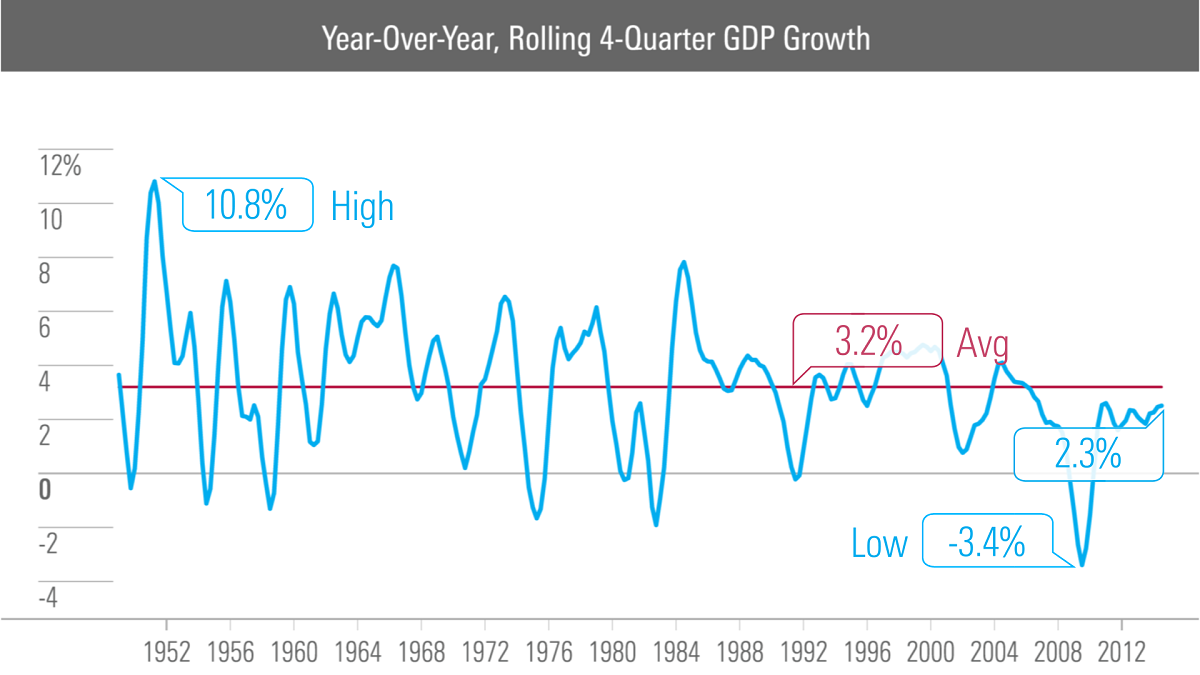Seraphim
Well-known member
- Joined
- Mar 12, 2011
- Messages
- 2,610
- Reaction score
- 0
GypsyChic
Not so much of an art, I think, there are just too many variables that can skew the economy in various directions. Like the QE example - it SHOULD have worked as the Fed planned. They didn't take into account, I think, for the new legislation tightening up loans, because the bank's couldn't be trusted any further. So, as a result of the bond buying program, banks had available money, interest rates were rock bottom, and people showed up to take out new mortgages - only to find out, due to Dodd-Frank - the banks couldn't make the loans because the applicants were too risky according to the new federally enforced regulations...
Left hand, right hand...
Not so much of an art, I think, there are just too many variables that can skew the economy in various directions. Like the QE example - it SHOULD have worked as the Fed planned. They didn't take into account, I think, for the new legislation tightening up loans, because the bank's couldn't be trusted any further. So, as a result of the bond buying program, banks had available money, interest rates were rock bottom, and people showed up to take out new mortgages - only to find out, due to Dodd-Frank - the banks couldn't make the loans because the applicants were too risky according to the new federally enforced regulations...
Left hand, right hand...











































































